
Chuck Palahniuk wrote the novel after an "altercation" on a camping trip in the mid-1990s. "I went back to work the next week with my face completely trashed. My eyes were just panda-black." Back at the truck company where he worked, co-workers looked away when they asked if he did anything over the weekend. "I would say, 'Look at my face. C'mon people.' If you look terrible enough, no one will want to know the truth about you." As he scribbled what would become Fight Club on clipboards, life imitated art and Palahniuk also found himself getting into more fights. "While I was writing Fight Club, it started at work and just bled into the rest of my life. On one hand, I really loved it. I felt so exhausted and so tired and I slept so well after one of these terrible shoving matches. I really wanted to share it with the world".
A book scout for 20th Century Fox sent a proof of the still-unpublished novel to the studio in 1996, but the studio reader given the job of assessing it recommended against it. In fairness, the tale of violent underground clubs, domestic terrorism and split personalities doesn't look like the next Titanic. Fox executive Kevin McCormick then sent the proof to producers Lawrence Bender (Pulp Fiction) and Art Linson (The Untouchables) but both initially passed - and it became quickly apparent that this was not going to be an easy one to sell (Linson later joined the film). Finally producers Josh Donen (The Quick and the Dead) and Ross Grayson Bell (who had no other credits as producer at the time) stepped up, and persuaded actors to record an edited audio version of the novel. Laura Ziskin, then-president of Fox 2000, heard this and optioned the much-praised novel shortly after its publication in 1996.
Ziskin initially thought of legendary screenwriter Buck Henry to adapt the book, but he rejected it as too similar to his earlier success The Graduate. Yes, it's basically the same except with fighting instead of seduction and explosions instead of a missed wedding. Instead, newcomer Jim Uhl landed the gig after some extensive campaigning to the producers. He was keen to maintain the voiceover narration of the novels, which the studio was initially reluctant to agree to, feeling that narrations were passe. Uhls and his director spent months hammering out the script, bringing in Cameron Crowe to make Tyler Durden more three-dimensional and Seven's Andrew Kevin Walker to do an uncredited rewrite late on. Once the two leads were cast, they also worked extensively on the script.
Peter Jackson was apparently the first choice to direct, but he was busy making his Hollywood debut with The Frighteners. Danny Boyle read the book and met with Bell but went off to make The Beach instead and Bryan Singer was also in the running, in perhaps the best directorial face-off ever. Finally David Fincher - who had tried to buy the rights himself long before - landed the job. Fincher was somewhat reluctant to return to a Fox company after the experience of making Alien3, but after meeting Ziskin and studio head Bill Mecanic, he signed up in August 1997. "I had sort of vowed never to go back there. But Ziskin said, 'We realize that this is not a movie that can be made via committee,'" says Fincher. The director told the studio, "The real act of sedition is not to do the $3 million version" - ensuring that this would not be a Trainspotting-style breakout hit, but a glossy, high-production studio picture with actual stars and effects.

Russell Crowe, so hot right then after LA Confidential, was producer Bell's choice for Tyler Durden, but Art Linson favoured Brad Pitt - who had worked with Fincher on Seven. The latter was a bigger name, despite the then-recent failure of Meet Joe Black, and was cast by executives hoping for a nice star-led box-office hit. Apparently, none of them had ever read the script. Edward Norton landed the role of the narrator over suggestions of Matt Damon and Sean Penn (eh?). Even more impressively, Fincher cast Helena Bonham-Carter as Marla Singer on the basis of having seen her in a movie adaptation of Henry James' The Wings of the Dove. This is a director with the X-ray vision to see through corsets to the twisted soul beneath, apparently. Heck, other candidates included Courtney Love and Winona Ryder, and surely we can all agree that Bonham-Carter was the better, crazier-haired choice.
The movie was largely shot in LA, using about 200 locations for 300 scenes - a fact that goes a long way to explaining why Fincher's next film, Panic Room, used about 3. The budget swiftly rose from $50m initially to an estimated $67m, prompting the investors New Regency to threaten to bail out. Fincher sent them dailies until they agreed to raise the budget. The only problem left was the line that Marla delivers when in bed with Tyler. Originally, and in the book, she said, "I want to have your abortion". Ziskin asked Fincher to change this - which he did, to, "I haven't been fucked like that since grade school." Ziskin reportedly regretted complaining in the first place. Said Fincher, "I think when we were shooting, everybody loved the idea that we were making this movie, that it was so nasty, and when it finally came in and they could see it, they were appalled that it was as nasty as they had promised everyone it was going to be."

Fincher argued for a poster that showed only that iconic bar of soap and recorded fake public service announcements with his two stars to get across the anarchic spirit of the film. The studio, however, took control of the advertising with a slightly more traditional campaign, despite protests from Fincher that promos during a WWF match rather missed the point. But Fox was (understandably, perhaps) nervous about what they had. The release date was pushed from July to August 6 to September in the US; reportedly, Fox was worried that the film was "too dark" and were anxious to leave it as long as possible after the Columbine high school massacre earlier in the year. There were also fears that it could provoke copycats, which largely came to nothing.
The film premiered at the Venice Film Festival in 1999, splitting the critics in attendance straight down the middle and prompting them to settle their differences through fisticuffs (so we like to think). On release, the worldwide critics proved equally split, cut between those who thought it was puerile, ultra-violent and fascist and those who thought it was cleverly satirical of immaturity, violence and fascism. Audiences, however, didn't quite get it: the film made a disappointing $37m in the US, albeit a pretty good $100m worldwide, and it wasn't until it hit the nascent DVD market that it really found its groove. These days, it regularly appears of Best Movie polls (both by critics and viewers) and ten years on remains a firm cult favourite.




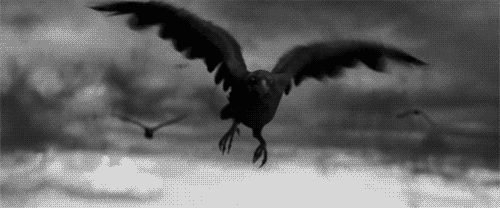
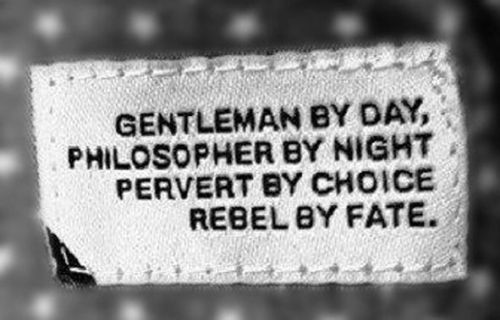

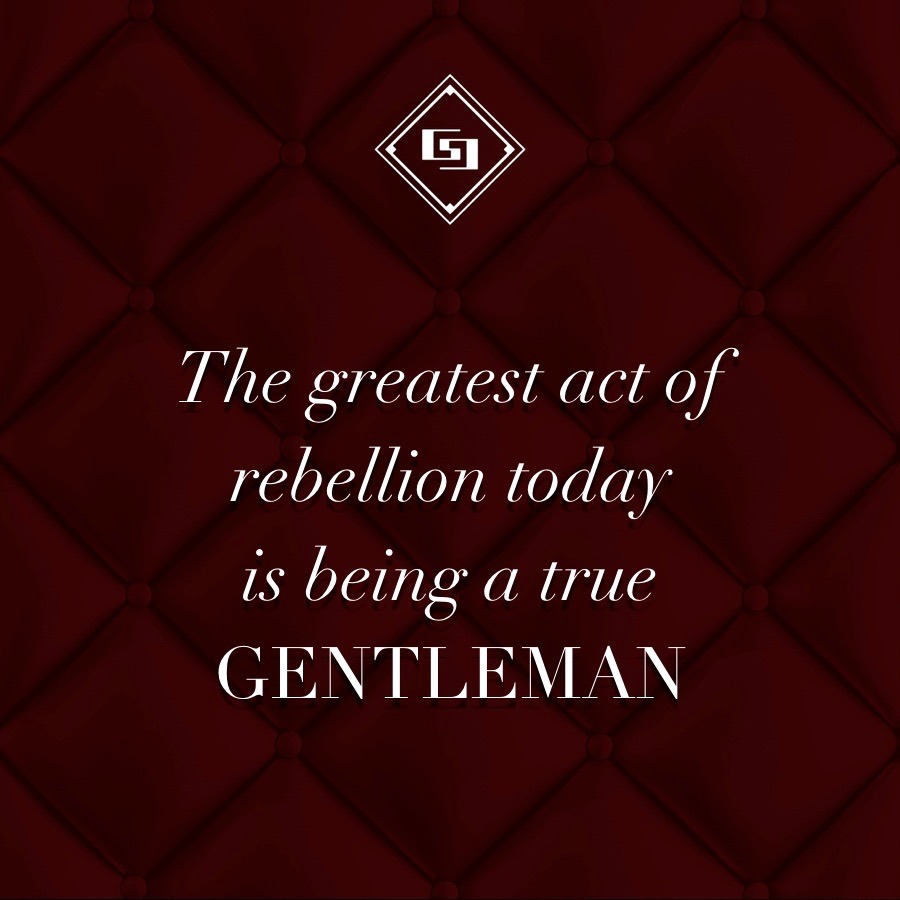

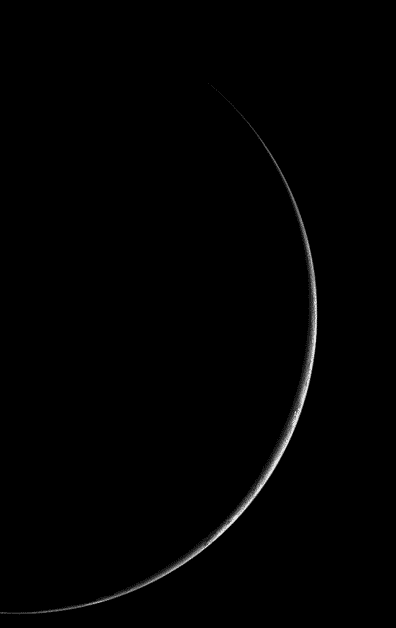








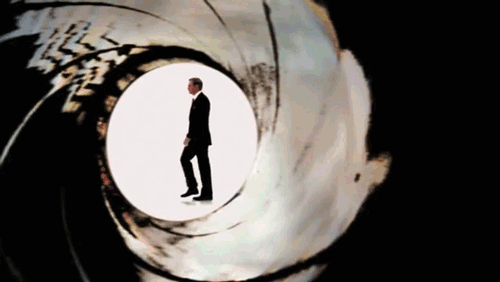


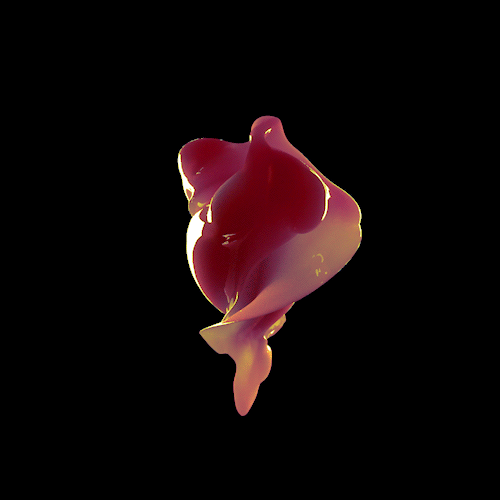


No comments:
Post a Comment